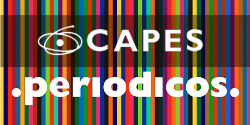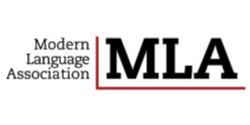Quem quer ler?
Itinerários para a formação de um público leitor através de clubes de leitura
Abstract
This article discusses itineraries for the formation of a reading public through reading clubs in basic education. For this purpose, it is based on the assumption that literature offers conditions for critical and social development of the individual, besides being an instrument for teaching in many areas of knowledge. The methodology used was typically qualitative, based on the theoretical-bibliographical approach, seeking to answer the following research problem: what is the importance of reading clubs for the formation of readers in high school at the Escola de Aplicação da UFPA? This study concluded that the presence of the reading club in the school environment is essential, both for the democratization of reading and for the formation of the reader, since the act of reading is configured as a competence that enhances the perception of the knowledge that the student will have access to in various disciplines.







